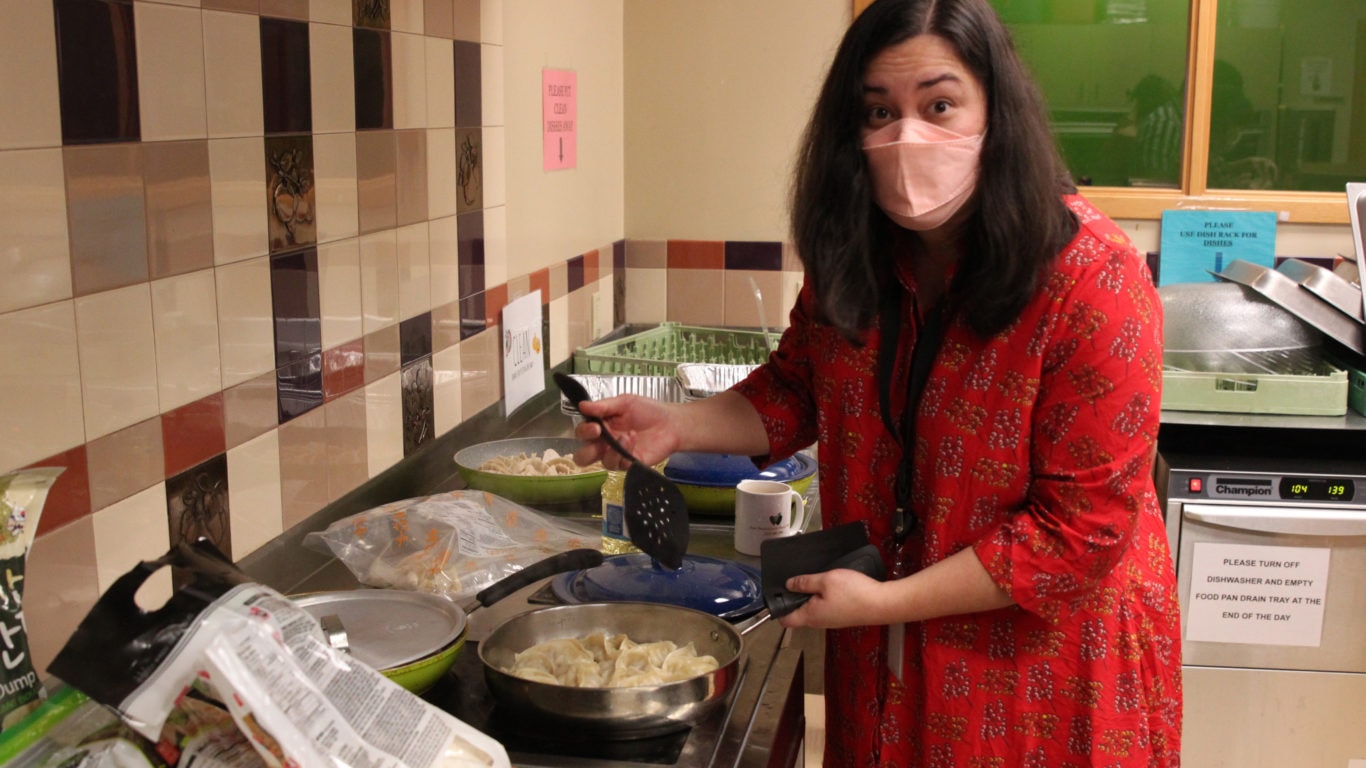Hunger and Humanity: Connecting Food Justice and Healthcare
Hunger and Humanity: Connecting Food Justice and Healthcare
Hunger and Humanity: Connecting Food Justice and Healthcare
Hunger and healthcare are directly connected. Lack of access to affordable, comprehensive healthcare is a lead driver of hunger and poverty in Oregon and across the country. Too many families are forced to make impossible choices between accessing vital healthcare and putting food on the table.
When children and families don’t have access to essential resources like nourishing food, it can lead to weakened immune systems, health challenges and, as a result, more expensive healthcare. And for Black, Indigenous and all People of Color (BIPOC), systemic racism and discrimination in care have lasting impacts on health and well-being.
Hunger is a symptom of harmful policies and systems that create barriers for people to thrive. A lack of nourishing food can seriously harm our health — and high medical costs force impossible decisions between the food and care we need to thrive. Laws and policies that invest in healthcare alleviate the financial burdens many families face and ensure families do not need to go into heavy debt or cut back on essentials like food to afford healthcare.
And many of these policies are decided by voters in our communities. One example of this community action is Measure 111, passed by voters in 2022, which now makes healthcare a constitutional right, requiring the state to make sure everyone in Oregon can access quality care.
The fight for food justice and healthcare, including gender-affirming care and reproductive healthcare, are connected — and vital to our community’s self-determination, safety and ability to thrive. No matter who we are, where we live, or how much money we make, we all deserve access to food and affordable healthcare.
Healthcare + Hunger in Oregon
Across rural, urban and suburban communities, too many Oregonians struggle to access essentials like food and healthcare.
Studies show that health challenges tied to food insecurity cost upwards of $583 million each year in Oregon alone. On the individual level, this means more than $1,400 in health-related costs annually for people already facing hunger and poverty. What’s more, nearly 200,000 Oregonians report being totally uninsured — and we know that Black, Indigenous, Latine, Native Hawaiian and Pacific Islander communities face even greater challenges obtaining health coverage due to systemic racism.
The impact on Oregon families is real — and too many of us have faced significant financial challenges due to the rising costs of care. Oregon Health Authority reports that medical debt contributes to at least 60 percent of bankruptcy filings in our state. In 2021, 1 in 3 Oregonians reported that healthcare costs led to skipped medications, canceled doctor’s appointments or other actions that are detrimental to our health. And we know that meals are often the first thing families cut back on when budgets are tight.
We can end hunger by investing in the health of our communities. All Oregonians — no matter our identity, the language we speak or where we’re from — should have access to nourishing food that supports our overall health.
Resources
Find free local help enrolling in OHP and other health plans
CareOregon: CareOregon helps more than 500,000 Oregonians access free physical, dental, mental health care and prescription drug coverage through the Oregon Health Plan (OHP)
Learn More
2022 Legislative Victories: extended health equity for Compact of Free Association (COFA) elders
2022 Ballot Victories (including measure 111): “Our communities showed up to support the kind of policy changes that address hunger at its roots.” - Susannah Morgan, Oregon Food Bank President
2021 Legislative Victories: healthcare extended to immigrant families, home investment to reduce mold and related health conditions, and expanded healthcare for Compact of Free Association (COFA) communities
Hunger, Reproductive Justice and Gender-Affirming Healthcare: studies show that people who seek and are unable to access abortion care are more likely to spend years living in poverty than people who access care
